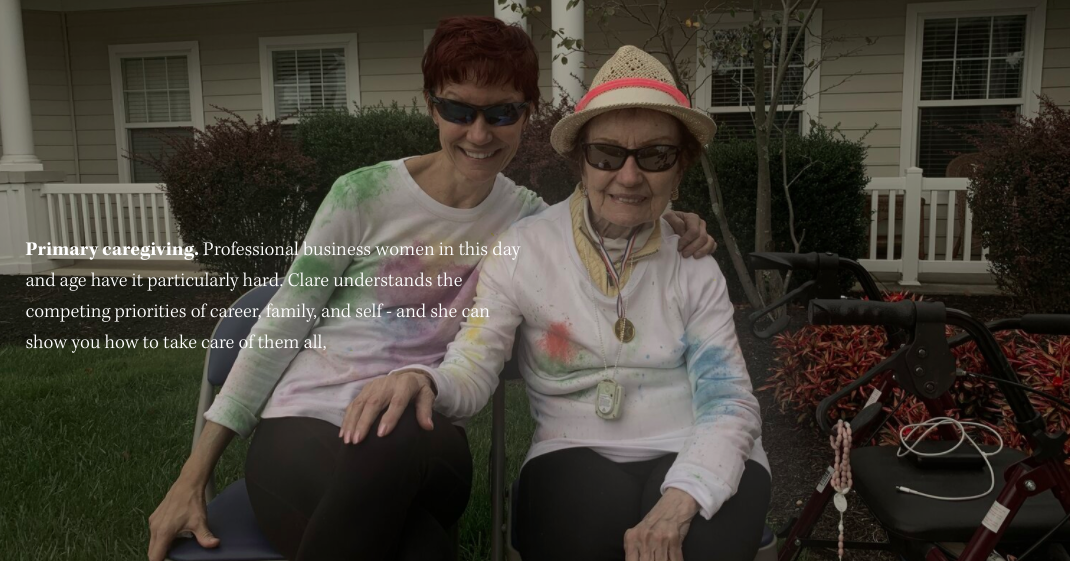There are two sides to the brand story coin: your story and your customer's story. But at the heart of it, they must be complementary or reflective of one another. And nowhere do we see this more clearly than in American rap: emcees traditionally tell their own story in relation to fellow rappers, but always in a way with which their audience can personally identify. For classic examples of how the art form has been used this way, check this out.
For Iggy Azalea, this means continually defending her place in the milieu of hip-hop.
A lot of people claim she has a "put-on" hood accent. A few years back, Azealia Banks, another rapper, called her "Igloo Australia" (yes, Iggy is a white Australian) and accused her of believing that black culture is cool but black issues aren't. Then Q-tip lectured her sanctimoniously over twitter abut the history of hip-hop and finally, one of her biggest supporters, T.I., cut professional ties with her when it seemed like members of the hip-hop community had to pick a side.
Iggy stands proud and defends her craft. She learned the art of rap from the the age of 16, in Atlanta. She raps Dirty South. That's her heritage as a rapper. (This style really solidified with OutKast and continued with Ludacris, T.I., Usher, Ciara, B.o.B and Young Jeezy.)
As an art form, rap sits within a long tradition of African American storytelling and language games that feature parody, pastiche, and, above all, wordplay. Underlying the work is the process of signifying, or “the obscuring of apparent meaning.” Ambiguity is prized, meaning is destabilized, and gaps between the literal and the figurative are intentionally exploited. And this is what Iggy does so well—from her own point of view. A very different one than most.
When we deconstruct her lyrics and videos, we find that they are superfine examples of rap talent. Take her breakout single, "Fancy". Although at first glance, it looks nothing like the rap or hip-hop that we're used to, it is absolutely authentic.






